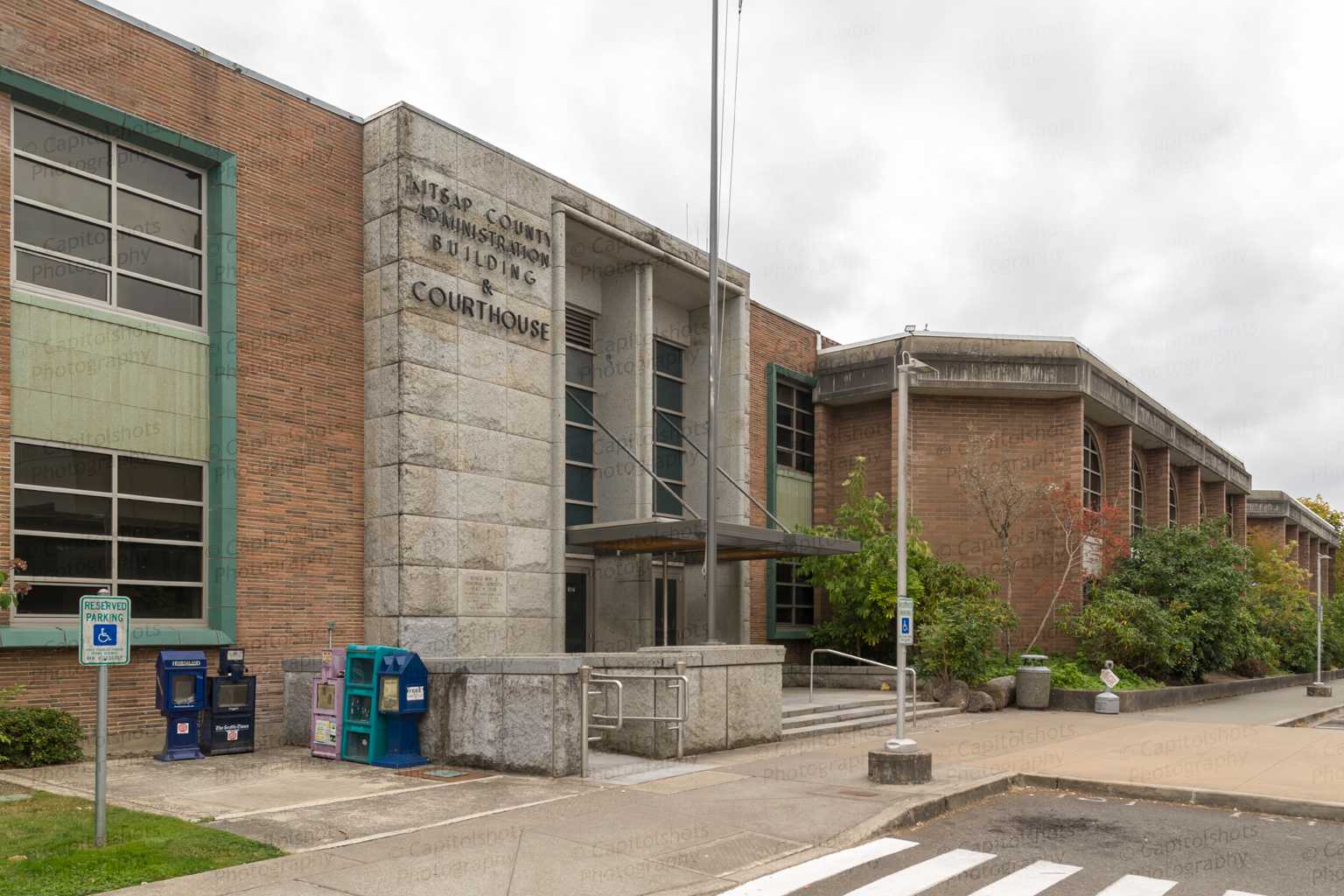Understanding No-Contact Orders
No-Contact Orders Are a Serious Matter
No-contact orders are issued in Washington State to protect someone who is considered to be the victim of a domestic violence case or is in fear of violence. Courts issue no-contact orders when the defendant is facing abuse charges or has been convicted. These types of orders inhibit the alleged abuser from establishing contact in any way including through social media, a third party, or directly.
It is considered a crime to violate a no-contact order. Any form of contact, whether digital or in-person, may result in additional penalties. Violating a no-contact order will be considered a separate offense from the original charge. For someone who has two or fewer prior convictions for violating a no-contact order, the charge for a violation without any assault in the original domestic violence incident involved is a gross misdemeanor, which may incur a year in jail and a $5,000 fine. For those with a history of violating these orders or whose domestic violence charge included assault, the offense for a no-contact violation is a Class C felony. This felony carries a maximum jail sentence of five years and a $10,000 fine.
The first thing you need to know is that domestic violence is not a crime; it is a designation. It can apply to anyone that is a “Family or household member.” Nevertheless, it has significant consequences. You must understand the implications of a domestic violence conviction. The lawyers at Pimentel and Associates deal with domestic violence designation crimes in Kitsap County, Washington, every day.
A domestic violence conviction can have far-reaching consequences. If you have been accused of any of these crimes or any felony that includes a Domestic Violence (DV) designation, you need to contact Pimentel & Associates, the premier Kitsap County Domestic Violence attorneys immediately. A conviction to any felony or any of the misdemeanor crimes listed above results in a loss of firearms rights. A misdemeanor conviction with any DV designation can result in tougher sentences for some felony crimes. Furthermore, Domestic Violence designations can be considered by prospective employers, in housing decisions, and other aspects of life.
Pimentel & Associates is ready to partner with you.
For more information, give us a call or fill out a free case evaluation to see if you qualify to have your convictions vacated.
Posting Bail in Washington State









